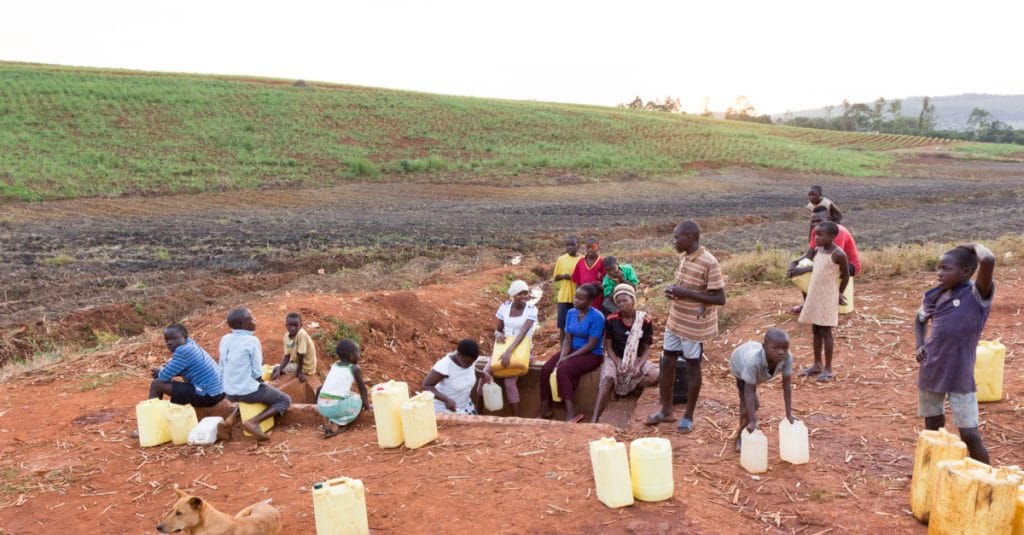The inclusion of equality and gender in water and sanitation projects will be further monitored in West African countries through the Wash-Jn network of journalists, which provides accurate monitoring of water, hygiene and sanitation issues in this part of the continent. The network has recently acquired the expertise to play its role as a watchdog more effectively in this regard. About 30 Wash-Jn members took part in a training workshop on human rights advocacy on water and sanitation from September 30 to October 2, 2019, in Accra, Ghana.
The workshop organised by Wateraid and Speak up Africa, two international NGOs working to implement sustainable development objectives, allowed participants to better understand human rights, the principles that govern them, their references in the MDGs, their characteristics and what is expected of States on the subject. “This training has not only strengthened the capacities of journalists, but also enabled them to be better engaged around these issues,” said Yaye Sophiétou Diop, advocacy officer at Speak Up Africa.
State data on access to water and sanitation are not always those of the field
During the Accra workshop, members of the Water, Hygiene and Sanitation Journalists’ Network in West Africa were also better informed about the reliability of performance measurement tools for access to water and sanitation. Experts noted that, in many African countries, access rates to water and sanitation services rarely reflect the facts. In addition, these data are not consistent with those generated by independent agencies or civil society organisations. This discredits the official data and the measuring instruments used.
In this context, journalists were recommended to focus much more on the realities on the ground. They have a role to play as instruments for monitoring and questioning state authorities on commitments made at the international level. “The journalist needs reliable data, he or she must be able to triangulate by showing what exists and getting politicians to review their strategies,” said Ouangre Landry Wendsomdé, of WaterAid Burkina Faso.
Created in 2010, Wash-Jn is committed not only to explaining the essential role of sustainable development goals (SDGs), which pave the way to a world to be achieved by 2030, but also to monitoring their implementation so that no one is left out of it. On a crest line that is at the same time fragile, demanding and fruitful, between societal commitment and journalistic ethics…
Boris Ngounou
